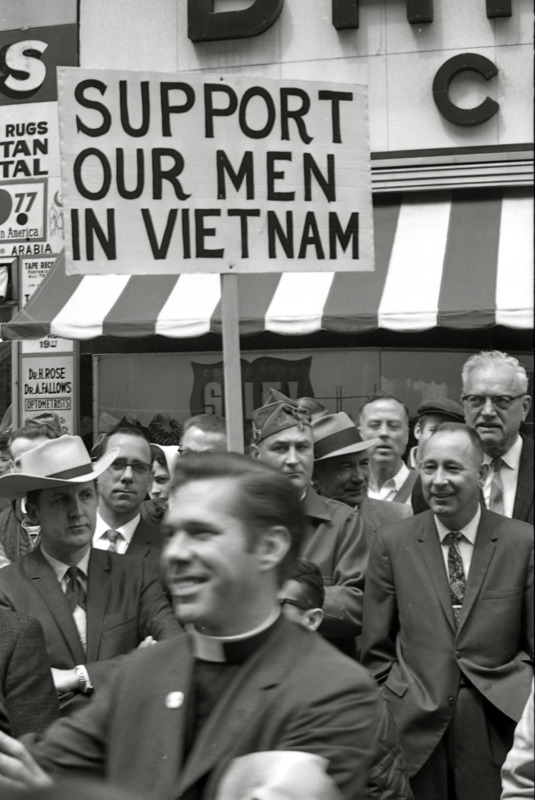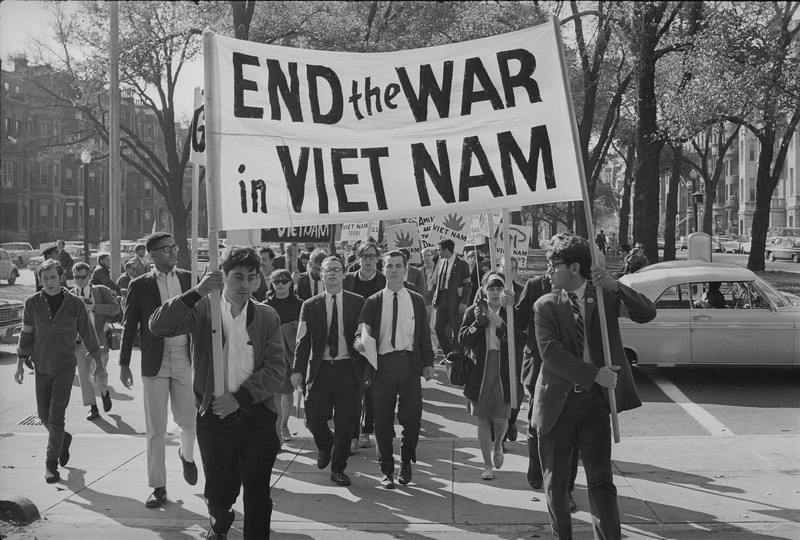War Hawks, Doves, and Canaries
By Ryan Myers
The Vietnam War mainly divided Americans into two camps, “Hawks” and “Doves.” While Hawks supported American intervention, Doves opposed it. Hawks supported American involvement in Vietnam because they saw the conflict as evidence of communist expansion. The Doves argued the conflict in Vietnam did not impact Americans and that the United States should remain on the sidelines. Hawks consisted of older men, more on the Republican/Conservative side of the political spectrum. Doves attracted younger people – mainly college-aged students – and many women who were mothers of the boys being sent overseas.
The terms “Hawks” and “Doves” did not originate during the Vietnam War. They derived from the War of 1812. Prior to that conflict, according to author Matthew Wills, those “clamoring for military action against Great Britain in the name of American honor and territory” were labeled by Congressman John Randolph of Roanoke as “War Hawks.” The term caught on quickly and became part of the political lexicon. The term “Doves” came from the term “Laughing Doves” a term coined by author Aaron McLean Winter in discussing the antiwar opposition to the Hawks. “Doves” became synonymous with antiwar movements.
While Hawks and Doves are the most popular terms that are synonymous with the Vietnam conflict, there is also a third term that goes along with the two, the “Canaries.” Canary birds are commonly used in coal mines to show how far a worker might journey before experiencing lethal exposure to carbon monoxide. The term “Canaries” was also used by author Brenda Oppermann to describe women who were able to show a conflict in an area was imminent when she states, “women living in areas of conflict and instability are a chief source of critical early warning information.” Hawks and Doves have become synonymous with the Vietnam War, but the term Canary is equally as important and shows that there is more of a connection between gender and war than most Americans would think.



